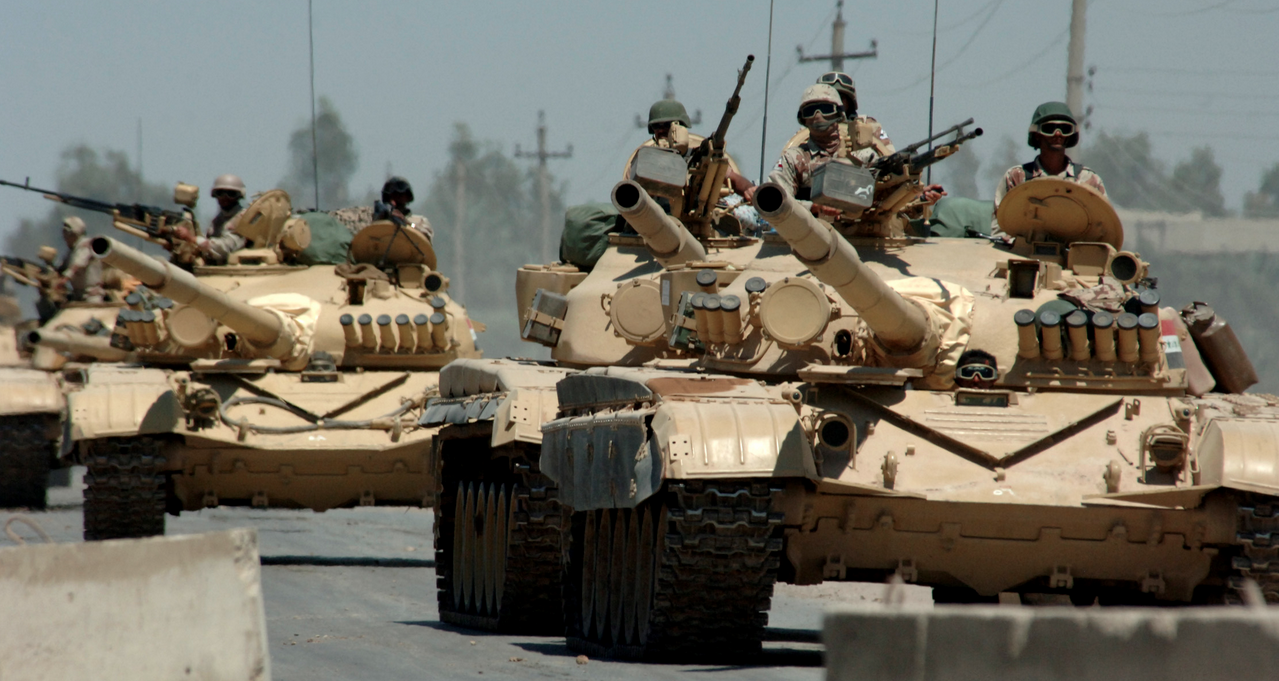Category: International
September 10, 2015
News, International, News
Refugee Crisis Continues
Relations in the European Union have been strained by the recent influx of thousands of asylum seekers from Syria (49%),…
April 16, 2015
News, International, News
Terrorist Attack in Kenya
One dead and over 141 students injured as a result of a false terrorist alarm on the Garissa University College…
March 19, 2015
News, International, News
Shooting in Tunisia Museum
On Wednesday, March 16, gunmen entered and open fired on The Bardo Museum in Tunisia killing 19 people and injuring…

March 12, 2015
News, International, News
Iraqi Militia Vs. ISIS
The Iraqi military, alongside thousands of Shiite militia fighters, began a wide-scale offensive on Monday March 2, 2015 to retake…
February 05, 2015
News, International, News
Mass Death Sentence in Egypt
An Egyptian court on Monday, February 1st 2015, sentenced 183 Muslim Brotherhood supporters to death. The court proceedings were held…
January 30, 2015
News, International, News
Boko Haram Attacks in Nigeria
The Boko Hararm, a militant terrorist group in Nigeria, attacked and took control of Monguno,Nigeria on Sunday. The town hosts…
